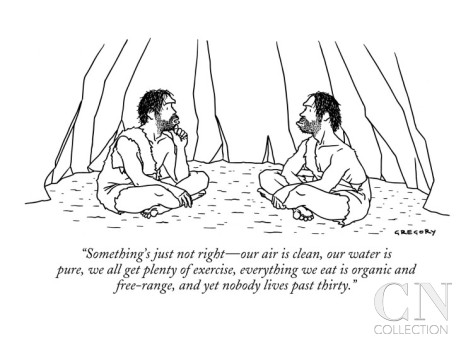Having lived in most of the major U.S. cities and sampled their best Chinese food, being Chinese-American, loving Chinese food, having a mom who taught Chinese cooking, having eaten Chinese food in China and Taiwan and Hong Kong, I throw my lot in with this thesis: the best Chinese food in America is in the Eastern suburbs of Los Angeles.
New Yorkers think they know the real thing when it comes to Chinese food. It has been a topic of hot debate. A lot of folks like to cite Flushing, where there are some legitimate regional specialists. But when it comes to quality, it is Los Angeles that reigns supreme—yes, better than Flushing and Vancouver.
“For probably 140 years, the best Chinese food in the U.S. was in San Francisco,” David R. Chan, a Los Angeles attorney and Chinese food hobbyist says. Chan has eaten at more than 6,500 Chinese restaurants since 1951 and has been documenting his progress on a massive spreadsheet, recording the date and address of his visits. Chan’s interest lies in systematics. A third-generation Taishanese-American and one of the first students enrolled at UCLA’s Asian-American program, Chan uses his spreadsheet as a lens to observe the progression of the Chinese diaspora in America. Food after all, is at the apex of Chinese culture.
It wasn’t until the late 1980s that the Bay Area lost its crown, and all the action shifted towards the San Gabriel Valley. “That’s when Chinese food in Los Angeles experienced a major upswing,” says Chan.
If New York is home to the largest population of Chinese-Americans in the States, why, then, does Los Angeles still hold the mantle for best Chinese food? Chef pedigree, regional diversity, and a strong local food community are part of the story.
As I've written before, I think restaurant quality today is largely a supply-side problem, and that applies even more so with an ethnic cuisine like Chinese food in America. For a variety of reasons, if you're a great Chinese chef, living in suburbs like Arcadia, San Gabriel, and Monterey Park is highly desirable.

